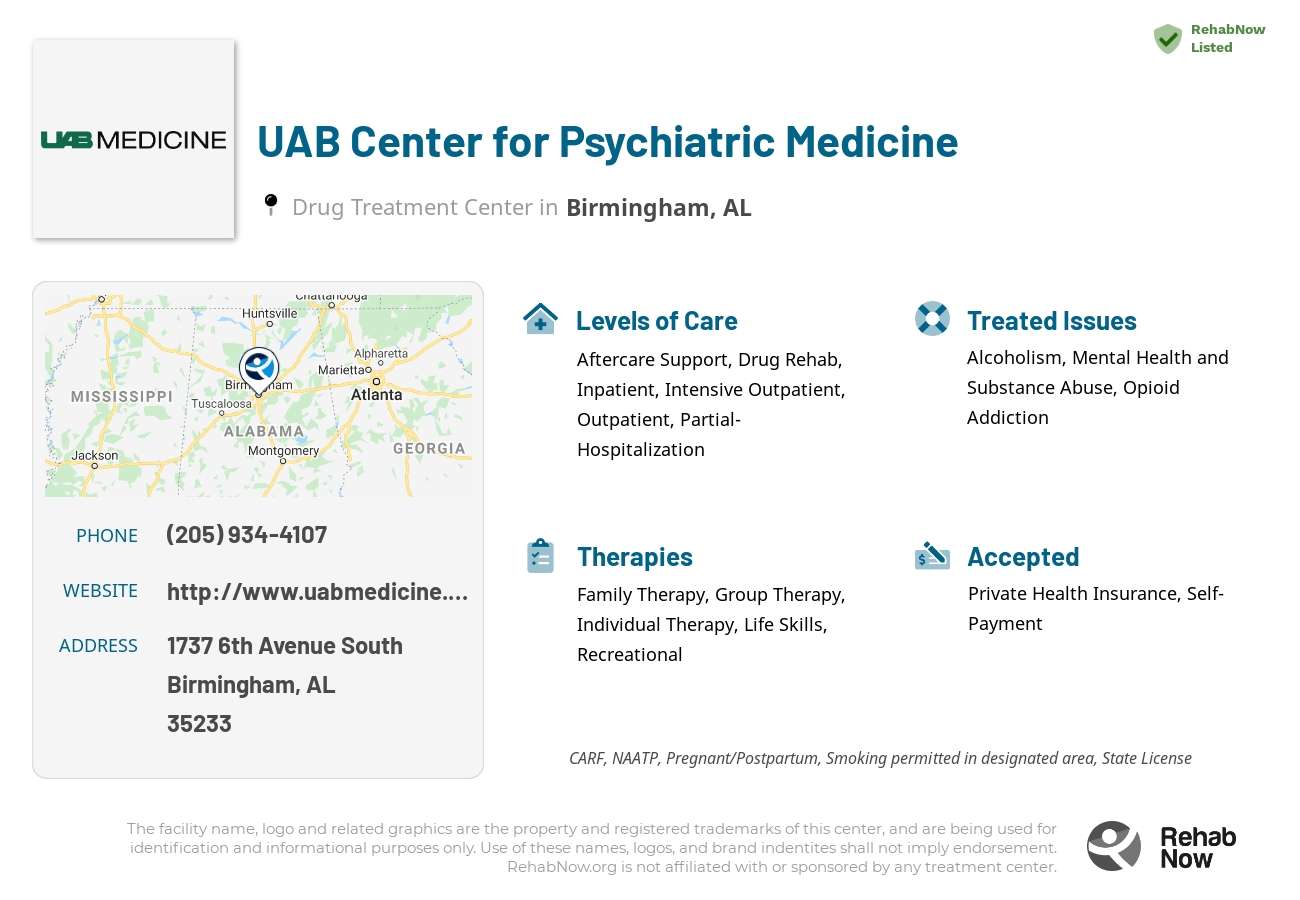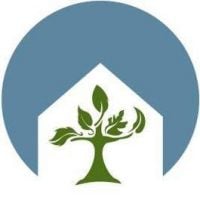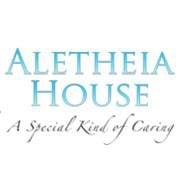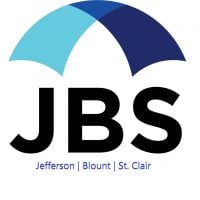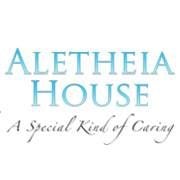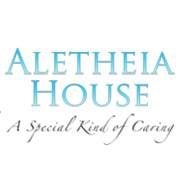UAB Center for Psychiatric Medicine
Drug Rehab Center in Birmingham, Alabama
The UAB Center for Psychiatric Medicine offers comprehensive evidence-based treatment plans for individuals with mental health disorders and addiction issues in Birmingham, Alabama, including substance abuse and addiction services, intensive outpatient programs, medication-assisted treatment, residential treatment, and aftercare services.
About This Alabama Facility
The UAB Center for Psychiatric Medicine is a leading provider of quality mental health services in Birmingham, Alabama. They specialize in treatment and recovery services for individuals living with a wide range of mental health disorders and addiction issues. The facility offers comprehensive, evidence-based treatment plans to meet each individual’s needs. The staff of the UAB Center for Psychiatric Medicine includes psychiatrists, psychologists, social workers, nurses, and other medical professionals who work together to provide comprehensive care to patients.
The UAB Center for Psychiatric Medicine provides a variety of substance abuse and addiction services. The experienced staff works with individuals to create a personalized recovery plan that meets their unique and specific needs. The team helps patients to address the underlying issues of addiction, build and implement coping strategies, and develop healthier lifestyle habits. In addition, the UAB Center for Psychiatric Medicine provides intensive outpatient programs, medication-assisted treatment, residential treatment, and aftercare services for those living with addiction and substance abuse issues.
As a leading provider of mental health care in Birmingham, the UAB Center for Psychiatric Medicine is accredited by the Joint Commission and licensed by the State of Alabama. They have also won numerous awards, such as the UAB Health System Quality of Care Award in 2019 and have been nationally recognized for their commitment to providing quality care. Additionally, they have an innovative recovery program, called Recovery Works, that focuses on providing wraparound services to patients and families.
Genders
Ages
Modality
Additional
Conditions and Issues Treated
Many people who struggle with opioid addiction need to attend specific programs like methadone , Suboxone or Vivitrol clinics.
These types of programs will provide the patient with legal, prescription medications that can help them overcome their cravings for illegal opioids like heroin or fentanyl . If the patient has a chronic condition like Hepatitis C, they must undergo treatment before they can begin taking these medications.
Levels of Care Offered at UAB Center for Psychiatric Medicine
This center offers a variety of custom treatment tailored to individual recovery. Currently available are Aftercare Support, Drug Rehab, Inpatient, Intensive Outpatient, Outpatient, Partial-Hospitalization, with additional therapies available as listed below.
Individuals who are suffering from severe addiction or have a high risk for dangerous health concerns are often recommended to receive inpatient treatment.
Choosing to enter an inpatient treatment program is beneficial for people who are suffering from severe addiction, or who have a high risk for dangerous health concerns.
Inpatient treatment is beneficial for:
- People who have a history of severe withdrawal.
- People who have attempted to overcome addiction on their own without success.
- People who have a history of relapse, or have recently relapsed.
- People at risk for drug overdose or withdrawal-related complications.
- People with medical conditions that are worsened by drug or alcohol use.
Outpatient addiction treatment is beneficial for people who are able to function well in their day-to-day lives. It is recommended for people who are not yet ready to end their relationships with friends or family members who might be encouraging drug and alcohol use.
Intensive outpatient treatment is beneficial for:
- People who are able to attend treatment more than 3 times per week.
- People who do not meet the criteria for inpatient treatment.
- People who are able to contribute to their own recovery outside of the treatment center.
- People who are motivated towards recovery.
- People who are able to overcome addiction on their own without the need for higher levels of care.
Outpatient treatment programs provide drug and alcohol addiction treatment through individual sessions with a counselor, group therapy, 12-step meetings, and other activities to help individuals gain sober living skills. Most programs are designed for those individuals who have completed a medically supervised detoxification program and provide opportunities for clients to begin the process of early recovery.
Outpatient programs also offer a level of medical support as needed and psychological backing through therapy. Clients are encouraged to live at home, though there may be some flexibility regarding this requirement based on the circumstances and needs of each patient.
Outpatient treatment is perhaps the most common type of dual diagnosis program available. It does not pose a significant financial burden on patients. However, it is essential to note that outpatient treatment does not provide the support and supervision given in residential programs. Some addicts may need this level of support to maintain their sobriety.
Partial Hospitalization Program, or PHP, is a type of drug addiction rehabilitation in the patient’s home. Patients often have to come into UAB Center for Psychiatric Medicine for treatment on weekday evenings and weekends. They must also attend an intensive outpatient program at least 9 hours per week while attending PHP. The patient will meet with a counselor or therapist to help them work through their addiction issues. This type of treatment is used for patients who can go out among society but are at risk of relapsing due to continued exposure to drugs or alcohol.
People who have completed a rehab program often need continued support from the addiction treatment team in order to remain abstinent from drugs and alcohol. Aftercare can be beneficial for personal, social, and emotional growth.
Common aftercare options include:
- Individual Therapy – this type of addiction counseling is available on a one-on-one basis. This can be beneficial for people with a high degree of emotional turmoil and a strong desire to overcome addiction.
- Group Therapy – this type of addiction counseling is available in a group setting. This type of treatment can be beneficial for people who are unable to attend regular therapy appointments due to other responsibilities.
- Family Therapy – this type of addiction counseling is available to the family members of addicts. This can be beneficial for people who are unable to fully comprehend what their loved ones are experiencing due to addiction.
Therapies & Programs
Therapy sessions focused on the individual addict can provide much-needed guidance as they work toward overcoming their addiction. These types of sessions typically involve guidance from a therapist, who will help addicts identify and process their feelings and cravings.
During these sessions, addicts may develop plans for coping with the triggers that typically lead to relapse and learn how to avoid those triggers during their recovery process.
The main goal of family therapy for drug addiction is to create an environment where communication can occur without judgment, hostility, or blame that often occurs within a family.
Family therapy is a type of group problem-solving that aims to improve communication and relationships between the patient, their family, and sometimes friends. The therapist is with the family as they learn to communicate with each other differently, especially with the addict when s/he is using.
The family can learn to reduce their enabling behavior or rally together and support each other during tough times. The patient also learns how to deal with their addiction and maintain sobriety while interacting with the family.
Different types of addiction treatment services are available. Within this article, group therapy is of interest due to its high success rate compared to individual therapy. Group therapy settings are beneficial because they allow recovering addicts to build a strong support network.
Benefits of group therapy are:
- Reduces feelings of isolation
- Immediate access to social support in the form of fellow addicts in recovery
- Lowers risk of relapse
- Increases rate of sobriety
- Builds coping skills that can be applied to everyday life
Those struggling with addiction in Alabama can benefit from learning certain life skills. It is not as simple as quitting drinking or taking drugs and thinking that the hard part is over. Being sober means living a whole new way of life. Many recovering addicts have found that they need to develop talents like time management, organization, communication skills, socialization skills, and self-esteem to make their life in sobriety work.
Drug and alcohol addiction can lead to a breakdown in life skills. Learning certain life skills can help those who are struggling with addiction. Life skills training at UAB Center for Psychiatric Medicine in Birmingham, AL teaches patients skills such as time management, budgeting, and social abilities to improve their quality of life and prevent relapse.
An addict’s life skills are maladaptive, meaning they are counterproductive. An addict may have learned poor time management skills growing up, have a hard time budgeting money, or be socially awkward. An addict’s poor life skills can lead to relapse and the inability to achieve long-term sobriety. Life skills training teaches patients effective coping mechanisms, which can help them live a clean and sober life.
Payment Options Accepted
For specific insurance or payment methods please contact us.
Is your insurance accepted?
Ask an expert, call (888) 674-0062
University of Alabama Associated Centers
Discover treatment facilities under the same provider.
- UAB Addiction Recovery Program in Birmingham, AL
- University of Alabama at Birmingham - Addiction Recovery Program in Birmingham, AL
- University of Alabama at Birmingham - Beacon Addiction Treatment Center in Birmingham, AL
- University of Alabama at Birmingham - Addiction Treatment in Birmingham, AL
- UAB Hospital - Psychiatric Medicine in Birmingham, AL
Learn More About University of Alabama Centers
Additional Details
Specifics, location, and helpful extra information.
Birmingham, Alabama 35233 Phone Number(205) 934-4107 Meta DetailsUpdated November 25, 2023
Staff Verified
Patient Reviews
There are no reviews yet. Be the first one to write one.
Birmingham, Alabama Addiction Information
Opioids, such as heroin, fentanyl, and prescription opioids are related to more than half of all drug-related overdoses in Alabama. Alcohol is the most frequently used substance in Alabama; 85,000 Alabamians use cocaine every single year. In Alabama, there are four times as many vehicle crashes involving alcohol as there are normal vehicle crashes.
Birmingham, Alabama has a moderate level of drug addiction and abuse problems. 15.8% of people in Birmingham, Alabama abuse drugs, while 9.8% of people in Birmingham, Alabama are addicted to drugs. In 2015, there were 648 drug-related arrests in Birmingham. The most common age group for drug-related arrests is 21-25 years old. Most rehab facilities will offer a variety of therapies and treatments to help patients overcome their addictions.
Treatment in Nearby Cities
- Stevenson, AL (109.2 mi.)
- Talladega, AL (40.5 mi.)
- Prattville, AL (74.7 mi.)
- Roanoke, AL (86.3 mi.)
- Camden, AL (108.5 mi.)
Centers near UAB Center for Psychiatric Medicine
The facility name, logo and brand are the property and registered trademarks of UAB Center for Psychiatric Medicine, and are being used for identification and informational purposes only. Use of these names, logos and brands shall not imply endorsement. RehabNow.org is not affiliated with or sponsored by UAB Center for Psychiatric Medicine.


